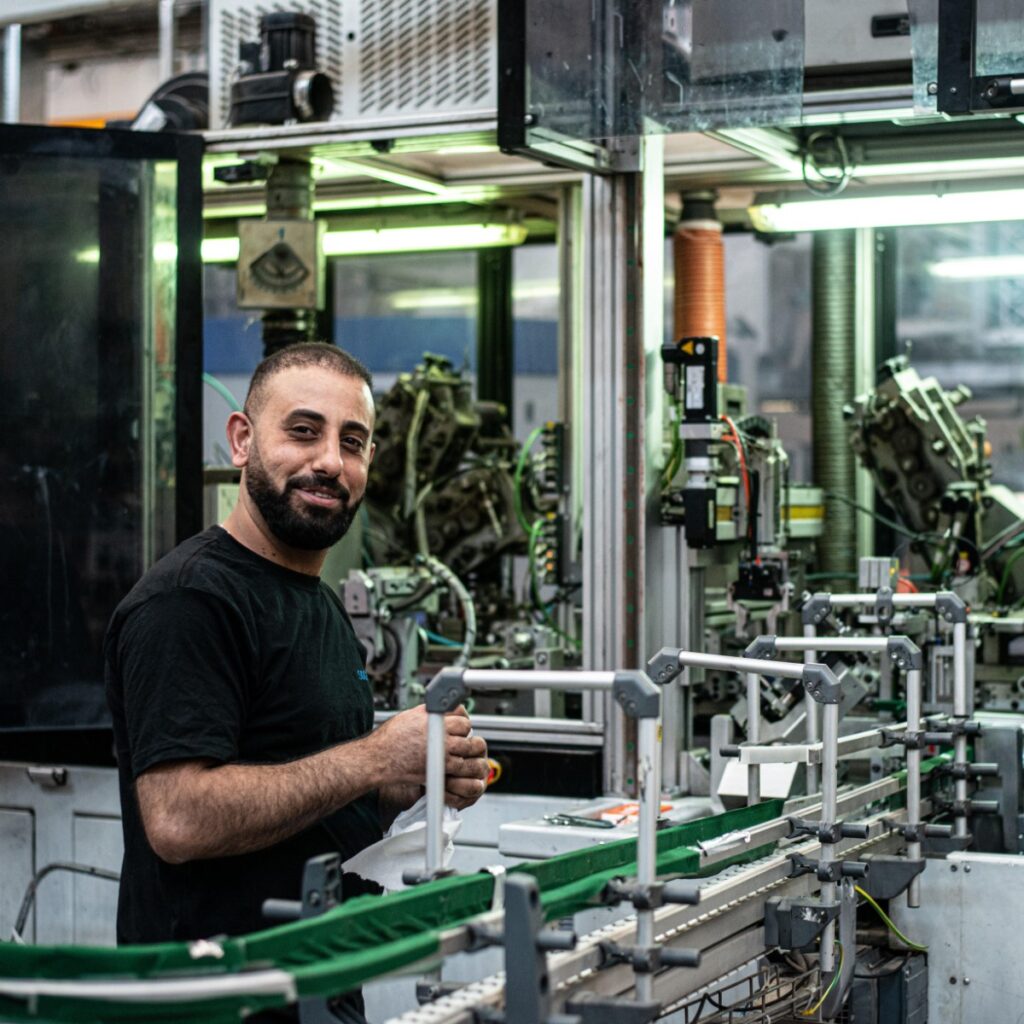Our jobs are a large part of our lives, with the average full-time employee spending more time with work colleagues than with family, partners and friends. The workplace can be stressful, fun, challenging and should allow us to learn and progress our career throughout our life.
A toxic workplace will do the opposite and can affect different aspects of your life outside of work, including mental health, motivation and can create physical reactions of the idea of returning to work.
Signs of a toxic workplace
Communication.
How we are spoken too in the workplace plays an important part in our motivation and wellbeing. It also affects the way we communicate back. This can be the tone of voice or the language itself.
Communication should always be 2 ways, however, a toxic workplace often has one-way communication. Behaviours of this would be:
Shouting
Someone in a senior position shouting at you is very hard to respond too, often putting you in a position for single word responses that they are directing you to.
Silence
Unlike Shouting, silence is where you may be asked a question or you are talking and the reaction is silent. They do not respond to the subject or topic but instead may give a sigh or a single word response. This is often to devalue what you have to say.
Language.
Scare Tactics
The language used in the workplace can motivate or demotivate us, making it hard for us to have effective communication. Toxic workplaces often have the following language being used:
- You’re lucky you have a job
- I took a chance on you
- You should be thankful you have a job
- Everyone is replaceable
This language is a red flag of a toxic workplace. These words are scare tactics to keep you in a minimal position which is often present in organisations that thrive on bullying and controlling behaviour.
I before you.
I before you is often present in management that see themselves as a key part of the company, the reason the company works.
This language usually focus on a conversation about the company or you, but they will often refer to themselves:
- I know the answer, I want you to figure it out
- I don’t know what you’re doing
- I don’t know what’s going on with you
- I keep this company going
- I put in more hours than anyone else.
This behaviour is about control and undermines your position. It is not looking for answers but instead is questioning your role and work. It is like a parent talking to a child, showing they have the control, the knowledge, the answers and you have nothing.
Statements questions.
A statement question is another controlling behaviour. Often used to get the response they want. It is usually an instruction aimed at you, then follows “can’t you” or “should I give this to” or something similar in a different tone.
- You can get this done today, can’t you?
- You can reach that target, cant you?
- Do you think you could do that or should I give it to someone else?
Statement questions are not motivational but often used for unreachable targets, devalue your work or to increase the workload that can go into overtime. This is a control behaviour as they know you will have to put extra time in or will miss the target.
While there is so much more to cover, I will write a follow up with more signs of toxic work environments. I have worked with mental health and wellbeing in workplaces for over 25 years. The stories of different workplace environment and what people have put up with and the long term impacts it has is very upsetting.
Please remember, if you constantly feel like you don’t want to go into work, dread the mood of someone, or wondering if you are in a toxic environment, the chances are the answer is yes.
Please ask questions in the comments and I will try to answer them in the following week.
Check out MyNeedToLive for future posts.




I have seen some of these before in previous workplaces. I left a job before and was asked why I left. I said it was because of the partner who would just shout and talk down to everyone. I’m lucky to not have this issue anymore in my workplace.
Thank for the comment Ellie. That is very common, I have worked with many people who have encountered shouting and being spoken down too. A lot of people think this is what comes with a job, but it isn’t. In no other environment would you let someone yell and talk down to you, and this should not being someone in a workplace. This is often done by people who like power over people, these people can create such toxic environments that many people refuse to return to work.
Great to hear you have a better workplace now, it is surprising how different it is going from a toxic environment to a positive environment.